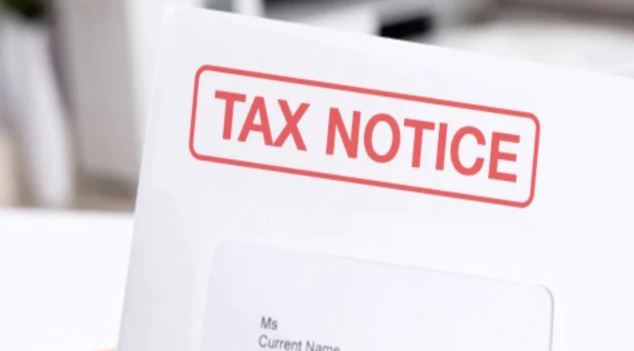
Income Tax Notice: Recently, the High Court has made it clear in one of its decisions that the Income Tax Department cannot send notices to those with income less than Rs 50 lakh. To know the details of this decision from the court, stay with the news till the end.
Income tax rules are quite complex. In many cases, the decisions of officers are challenged in the court. Recently Delhi High Court has given a decision which is very important. The court has said that the extended 10-year review period of income tax (IT) assessment is applicable only when the estimated undisclosed income exceeds Rs 50 lakh.
Justices Rajeev Shakhadhar and Girish Kathpalia have said that in normal cases, if the income concealment is less than Rs 50 lakh and more than three years have passed since the end of the relevant assessment year, then no notice should be issued. With this in mind, the court canceled about 50 such reassessment notices, which were issued in assessment year (AY) 2016-17 and 2017-18. In these, income concealment was less than Rs 50.
What did the tax experts say?
Tax experts have welcomed this decision of Delhi High Court. He says that with this decision of the court, it will become easier to challenge unnecessary notices issued by the Income Tax Department in future. Yeshua Sehgal, Head (Tax Market), tax consultancy firm AKM Global, said that now the old notices issued under Section 148 will be canceled in cases where the income concealment is less than Rs 50 lakh. In this order of the High Court, nothing has been said about changing the existing rules or making new rules.
What is Section 148 of Income Tax Act?
Under this section, the Assessing Officer (AO) can issue a notice for reassessment of the income tax return of the taxpayer if he feels that any income (which is chargeable to tax) has escaped assessment in an assessment year. . In other words, if AI feels that the taxpayer has not included any income in the return or has forgotten to include it, then it can issue a notice for reassessment of his return.
What are the rights of AO?
Under section 148, the AO has the right to issue a notice to the taxpayer for reassessment of income. But, generally notice cannot be issued after three years have passed. If there is evidence of hidden income of at least Rs 50 lakh, a notice can be issued even after three years. But, it can be issued only within 10 years of the end of the concerned assessment year.
What amendment has been made in Section 148?
A sub-section added in Section 148A in Finance Act 2022. Under this, the assessing officer was given the right to investigate. He was given the right to issue a notice under Section 148 and give the taxpayer an opportunity to present his case. Experts say that the 10 year limit can be crossed only in such cases which are serious cases of tax evasion and in which evidence has been found. The mere allegation that tax has been evaded on income of more than Rs 50 lakh will not suffice.





